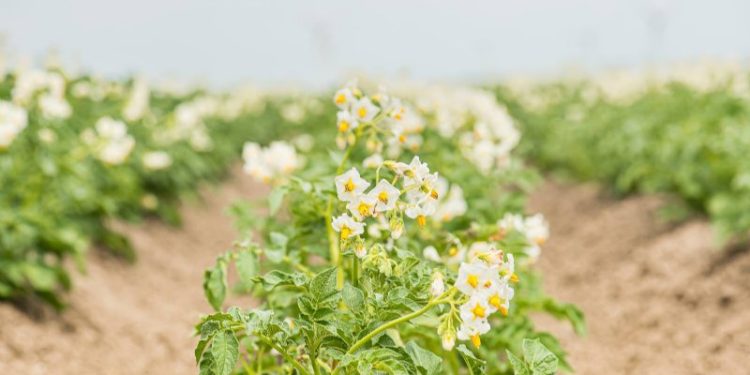In this article, we explore the latest research from Wageningen University & Research (WUR) that sheds light on the benefits of delayed potato harvests. Discover how this groundbreaking report reveals that later harvests not only improve yields but also play a crucial role in reducing soil leaching, offering valuable insights to farmers, agronomists, agricultural engineers, farm owners, and scientists in the agriculture community.
According to a recent report from Wageningen University & Research (WUR), delaying the harvest of potatoes has proven to be an advantageous practice for farmers and the environment alike. The data indicates that postponing the potato harvest leads to not only increased yields but also a substantial reduction in soil leaching, which can have far-reaching benefits for sustainable agriculture.
WUR’s extensive research highlights that delayed potato harvests allow the plants to reach their full maturity, leading to larger tuber sizes and higher overall yields. This improvement in productivity can directly impact farm economics, providing farmers with higher profits and enhanced food security.
Moreover, the report demonstrates that later potato harvests significantly contribute to reducing soil leaching. Leaching occurs when excess water washes away essential nutrients and agrochemicals from the soil, potentially polluting nearby water bodies and causing environmental harm. By allowing potatoes to grow for an extended period, the plants continue to uptake nutrients from the soil, minimizing the leaching potential and preserving soil health.
These findings hold significant implications for sustainable agriculture. Adopting delayed harvest practices not only optimizes potato yields but also promotes responsible land stewardship. By mitigating the leaching of valuable nutrients and chemicals, farmers can play a critical role in safeguarding water quality and supporting ecological balance in their farming regions.
In conclusion, the WUR report underscores the importance of embracing delayed potato harvests as a viable strategy for modern agriculture. This practice not only enhances potato yields, contributing to economic prosperity for farmers but also empowers the agricultural community to address environmental concerns. By optimizing harvest timings, farmers, agronomists, agricultural engineers, farm owners, and scientists can collectively drive positive change in the pursuit of sustainable and resilient food production.
Tags: Agriculture, Potato Harvests, Sustainable Farming, Soil Leaching, Yield Optimization, Environmental Stewardship, Agricultural Research, WUR Report, Farm Economics.







